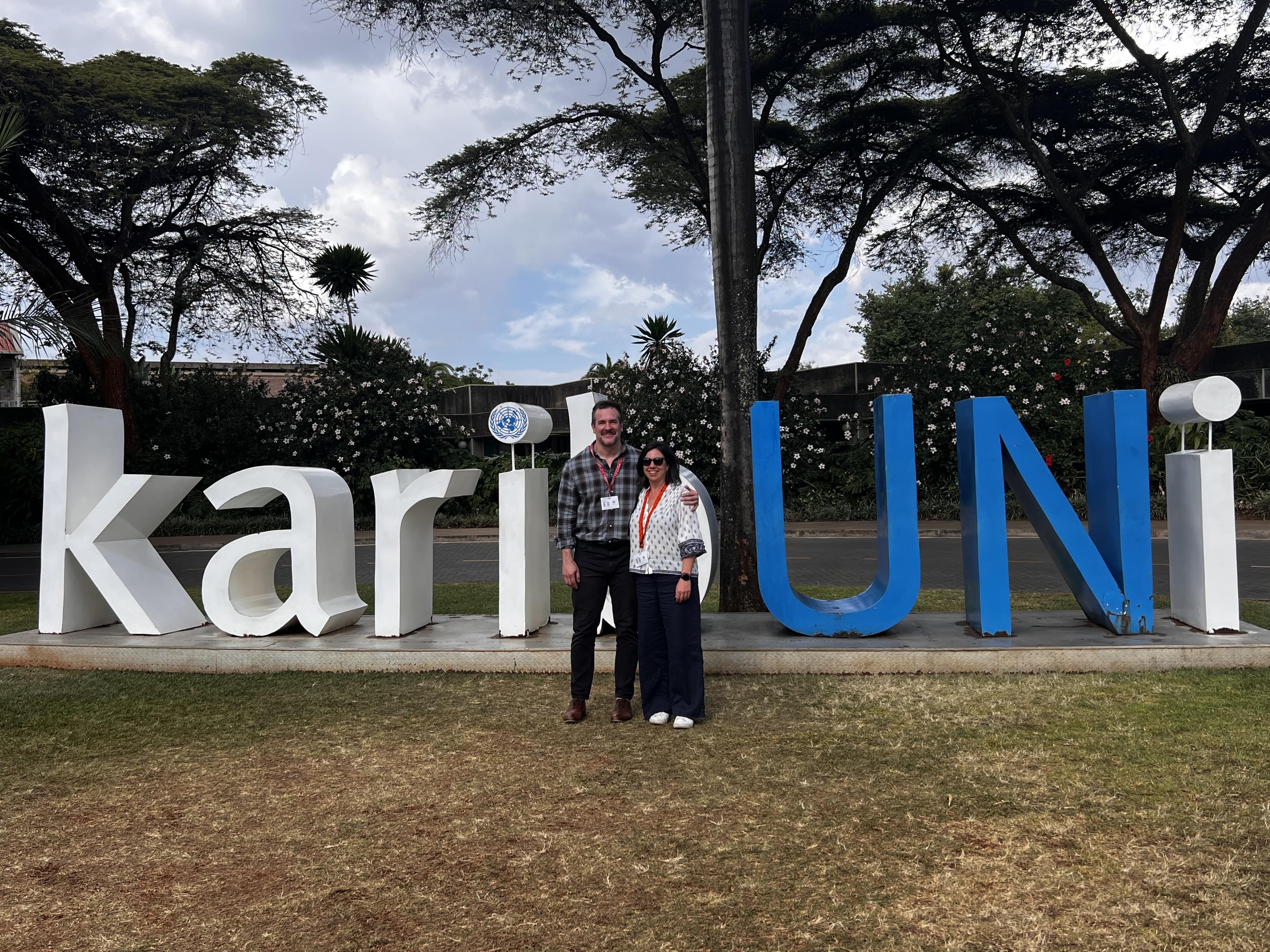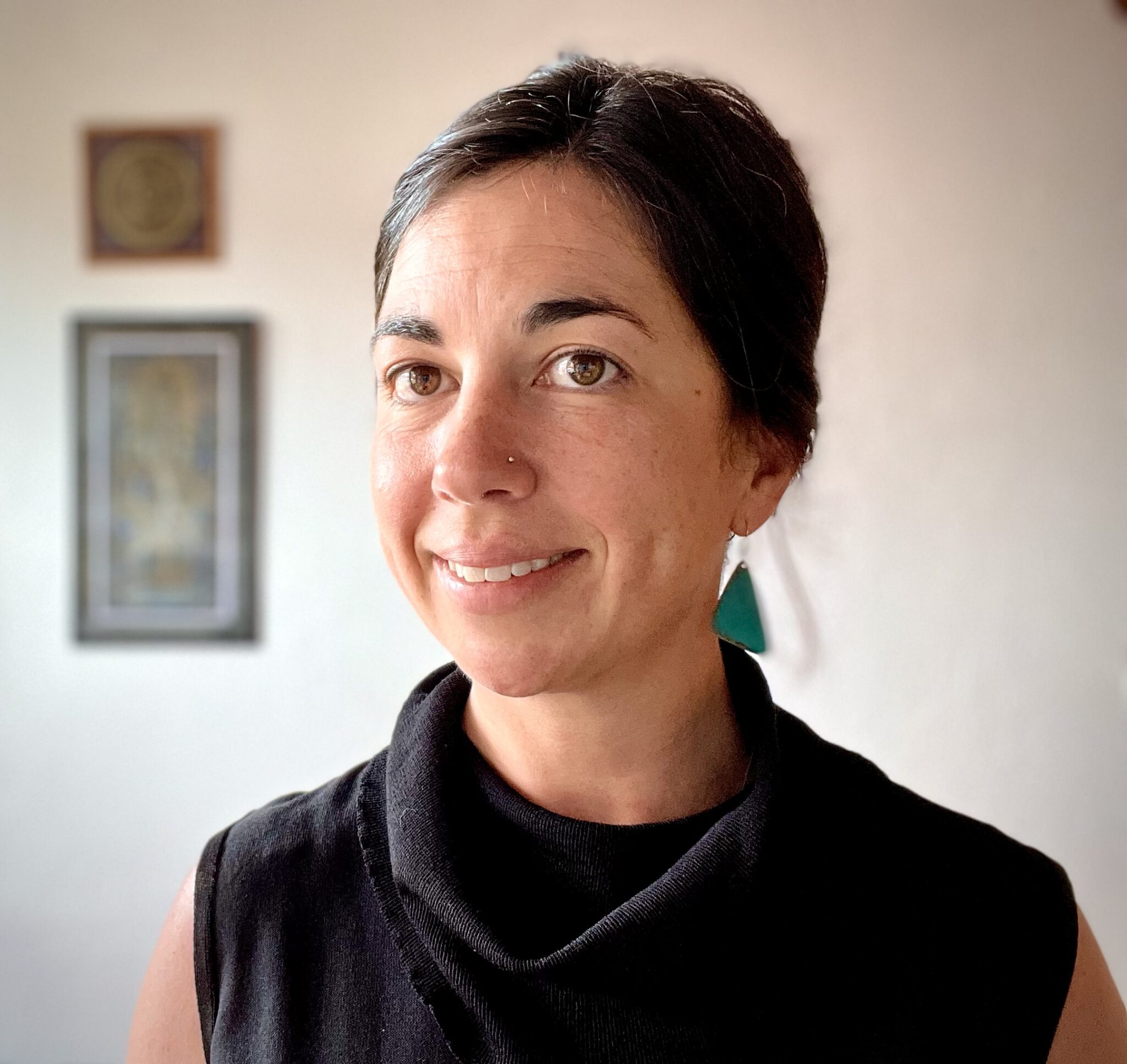A Starting Point for the U.S. Climate Movement: Reflections from a Workshop on Solar Geoengineering

As global temperatures rise and emissions reductions fall short of targets, institutions around the world – from foundations to universities, corporations to governments – are beginning to discuss solar geoengineering (also called solar radiation modification or SRM) research. But until recently, many U.S. civil society organizations working on climate, justice, health, and science didn't have the opportunity to engage in this conversation in earnest. Whether too technical, too fringe, or too fraught, the issue is often treated as too sensitive and taboo to address directly.
First steps to change this norm began earlier this month in Washington, D.C., where a new kind of conversation took shape. The Alliance for Just Deliberation on Solar Geoengineering (DSG), the Chesapeake Climate Action Network (CCAN), and the Environmental Defense Fund (EDF) co-hosted a collaborative two-day workshop that provided an unprecedented learning forum for U.S. climate groups on the state and direction of SRM research. The workshop provided a chance to explore what role the climate movement could play in this evolving conversation, approaching the issue not with advocacy but with curiosity, concern, and a sense of shared responsibility.
SRM refers to a set of proposed technologies that aim to reflect a small portion of sunlight back into space to cool the planet. While not a substitute for reducing emissions, this approach could, if carefully researched and governed, potentially help reduce some of the most dangerous near-term climate risks. However, it also raises profound ethical and political questions: What are the other environmental and health impacts and how would they be distributed? Who gets to decide whether it's pursued? How will risks and responsibilities be shared? And as research moves forward, how can it be governed in ways that are transparent, inclusive, and accountable?
Breaking Through the Polarization
Across the U.S., SRM is becoming a more visible part of the climate conversation, attracting growing interest from media, funders, and policymakers. At the same time, misinformation has been spreading rapidly, and several state-level bans fueled by conspiracy have been proposed and in some states passed. Too often, the public conversation has been dominated by either hype or fear, with little science-focused discussion in between.
The workshop was designed specifically to interrupt that dynamic. For many participants, the workshop marked the first time this topic had been discussed in-depth by U.S. climate groups. The group included climate advocates, grassroots organizers, and nonprofit leaders — people who have collectively spent decades working on the frontlines of climate, justice, and environmental health. Chatham House Rules were in place to encourage candid conversation, dissenting views, and the focus on ideas over identities, all of which created space for real dialogue. The goal wasn’t consensus, and no one was expected to walk away with a policy stance. This was about showing up, listening, and beginning to contribute to the dialogue on this complex topic.
Exploring Risks, Responsibilities, and Roles
Day one focused on context and foundational knowledge: laying out the basics of what SRM is, in addition to understanding why interest in it is growing worldwide. Presentations and panels were intentionally structured to move from foundational context, including the social dimensions of the technology and the current state of physical and social science research, to the key issues, tensions, and concerns that climate-focused NGOs are likely to face when engaging with the topic. Participants raised thoughtful and challenging questions about the risks of researching the technology, who gets to shape its future, and what might be lost if civil society chooses not to engage.
On day two, the workshop turned to governance, new perspectives, and the global context of SRM. Participants examined the patchwork of state-level bans, emerging private sector activity, the growing influence of misinformation, and perspectives from the Global South. A shared theme emerged: decisions about SRM are already underway—and without active participation from the climate movement, they risk being driven by actors with very different priorities and values.
Across panels and breakout discussions, several ideas stood out:
- Civil society brings what the conversation lacks. SRM is often treated as a technical problem, but decisions about it are deeply political. Building capacity for engagement underscores legitimacy and justice, which are essential to any meaningful decision-making process.
- Clear, fact-based communications from credible voices are essential. In the absence of reliable sources and trusted messengers, misinformation and conspiracy theories often fill the gap, influencing perceptions before meaningful dialogue has a chance to take root.
- Trust is a prerequisite. Scientific evidence alone isn’t enough to move forward responsibly. Transparency and accountability are essential from the start.
- Justice must be the baseline. Communities most vulnerable to climate impacts, particularly in the Global South, are largely being left out of early SRM conversations. Without global deliberation, there’s a risk that this approach could reproduce, or even deepen, existing patterns of climate injustice.
A First Step, Not the Final Word
The workshop closed with an invitation to continue the conversation. In breakout discussions, participants explored next steps—from educational briefings and messaging tools to scenario exercises and future dialogues. No consensus was expected or required. What mattered was the opportunity to reflect on what engagement might look like, and why it matters.
SRM raises complex questions, many of which remain unresolved. Choosing not to weigh in at this stage may seem neutral, but it still shapes outcomes by leaving decisions to others, often without the perspectives of those most affected. This moment doesn’t call for predetermined positions, but it does call for curiosity and space to think critically about how to approach SRM research, if it moves forward, in a way that aligns with democratic values such as justice and equity.
This workshop provided a starting point for asking better questions, creating space for diverse voices, and shaping how SRM is understood and governed in the years ahead.
Join Our Community
Stay informed about the latest developments in solar geoengineering and how you can make a difference. Subscribe to our newsletter for insights, updates, and opportunities to get involved.


.png)





.jpg)
.jpg)
.jpg)
.png)